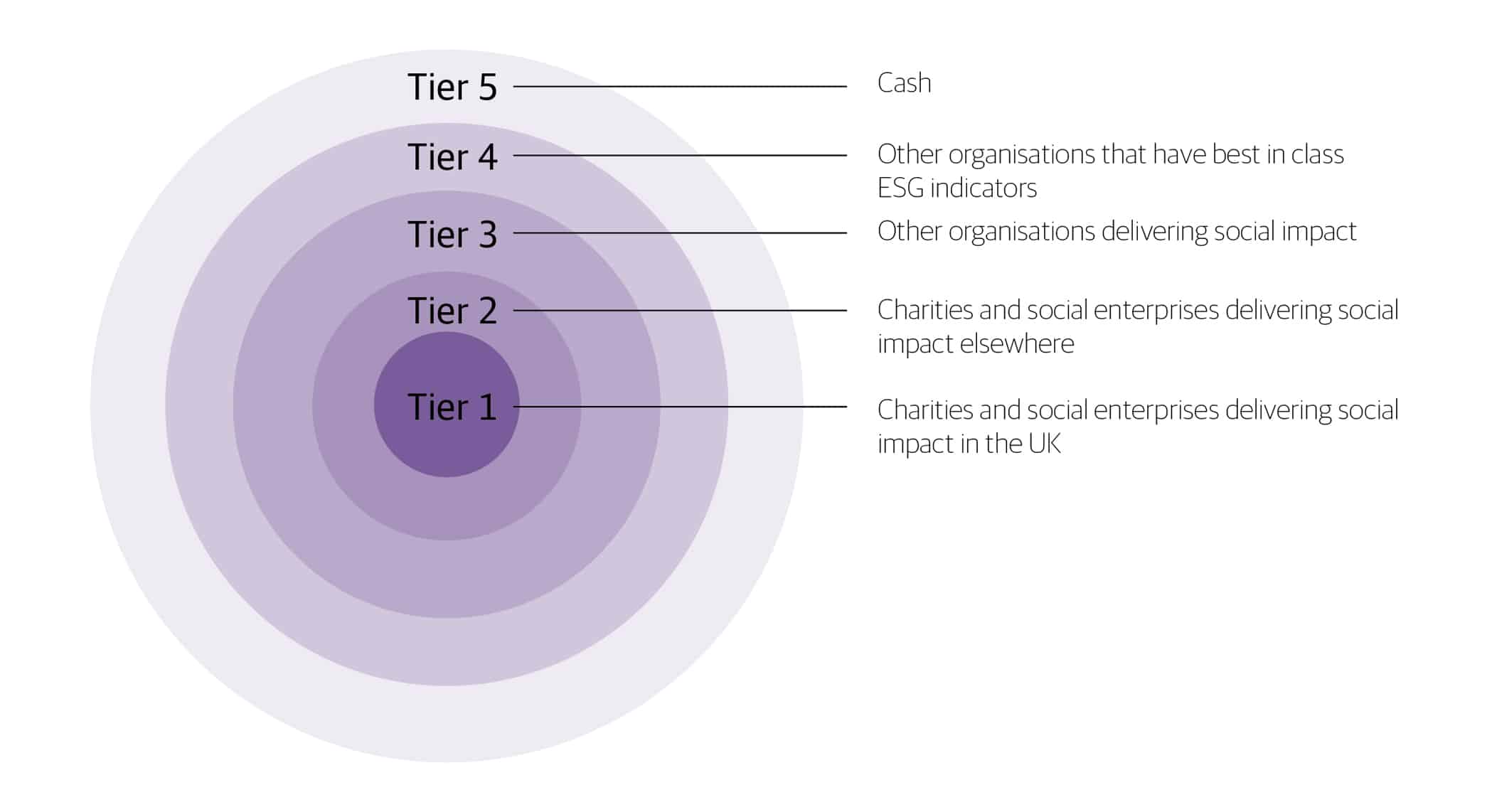- Growth Fund reaches major milestone of being more than half deployed;
- Blended finance programme has transformed the social investment market over the last four years, making small scale unsecured finance readily available;
- Calls to ensure that the supply of this sort of finance continues once the Growth Fund is exhausted.
Charities and social enterprises in England have benefitted from more than 400 small scale unsecured loans through the Growth Fund since the programme started lending in 2016. A total of £27 million has now been invested, more than half of the £50m programme.
The Growth Fund is a pioneering blended finance programme. It combines grant funding from The National Lottery Community Fund with repayable finance from Big Society Capital and others, and invests that blend into social investors lending to charities and social enterprises around England. This unique structure allows those social investors to offer more of the smaller scale unsecured loans that the sector needs.
One of the borrowers is Positive Support for You, a community interest company which operates across the North East of England, supporting people with learning disabilities to live a meaningful and quality life in the community.
In 2018 they received an investment of £25k from Big Issue Invest’s (BII) Impact Loans England fund, which is funded from the Growth Fund, to support cash flow challenges relating to late payment from public contracts.
Dave Barras, Chief Executive of Positive Support for You, said:
“We couldn’t raise finance from the banks so we wouldn’t be here without BII’s investment. In addition to helping with our cash flow challenges BII have been a good critical friend and the process of raising investment has helped us be a better run organisation.”
The average investment from the Growth Fund is £63,000, very close to the £50,000 figure reported by SEUK as the median amount sought by social enterprises seeking finance. The median turnover of borrowers is under £250k. The Growth Fund now constitutes around a third of the social investment market in terms of deals done.
Loans made from the Growth Fund have also been heavily concentrated in organisations operating in more deprived areas, with more than half of the capital being invested in the most deprived 30% of neighbourhoods in England. Growth Fund borrowers collectively employ more than 8,500 FTEs and most earn their income from trading, thus making a significant contribution to those local economies.
Seb Elsworth, Chief Executive of Access – The Foundation for Social Investment, who manage the Growth Fund, said:
“The Growth Fund is breaking down the sector’s myths about social investment one by one. Smaller scale risk taking finance is readily available right across England, supporting community based organisations to earn more income and boost their resilience. The blended model is also transforming how social investment works, proving that with the right mix of finance the sector’s capital needs can increasingly be met.”
Emma Ackerman, Deputy Director at The National Lottery Community Fund, the largest funder of community activity in the UK, said:
“The Growth Fund is a major innovation in the use of National Lottery grants to support the resilience of the charity and community sector. We are fascinated by the emerging lessons and how finance can be delivered in a way which puts people in the lead and enables communities to thrive.”
Rebecca MacDonald, Investment Director at Big Society Capital said:
“The blended model means that finance can be tailored to the needs of charities and social enterprises working in communities across the country, recognising that they not only need smaller scale unsecured loans, but also the flexibility from their lenders to respond to things changing or not going entirely to plan. Over time the Growth Fund will give us hugely valuable data about how much grant is needed to meet this need in the longer term.”
An evaluation commissioned by The National Lottery Community Fund is looking in more detail at how borrowers from the Growth Fund are able to build their financial resilience as well as the broader impact on the social investment market.
However, most social investors managing the Growth Fund will run out of capital to make new loans by the end of 2021. On the future need for more blended finance Elsworth said:
“The Growth Fund has shown that there is a clear need for an ongoing supply of finance which is properly suited to the needs of sector. That means there is an ongoing need for subsidy. We are working closely now with a range of partners, including Government, to ensure that this is in place over the longer term.”












